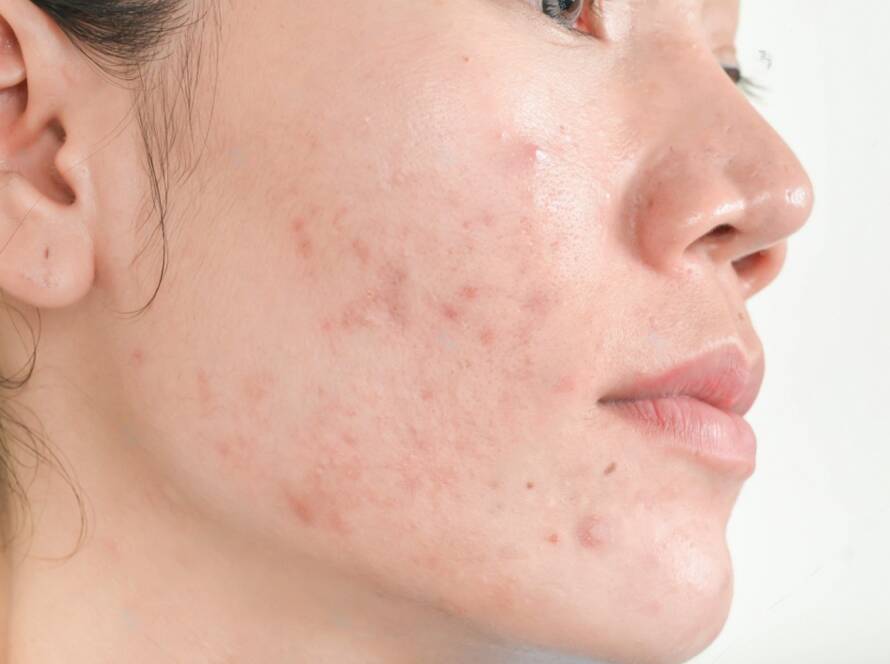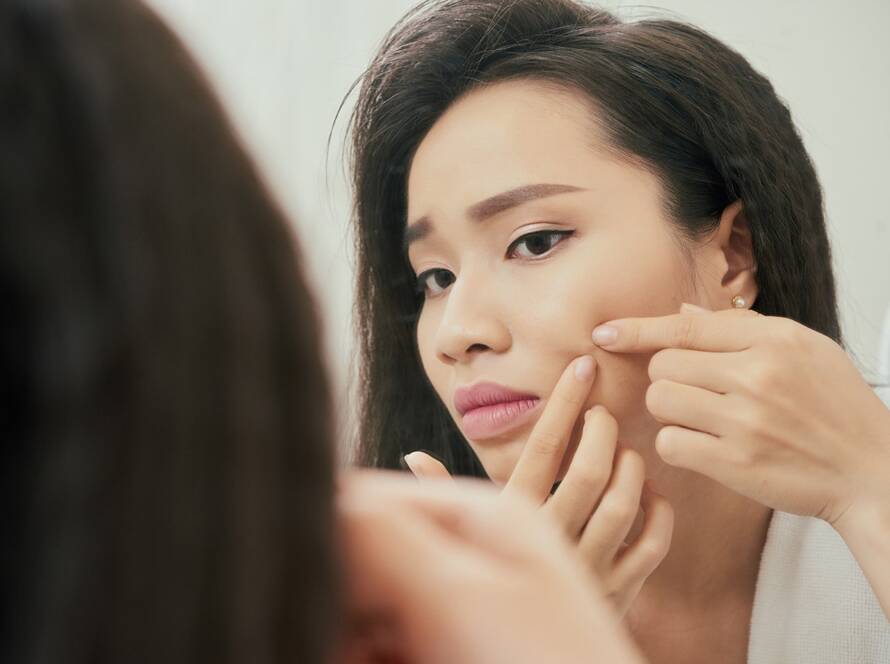Hyperpigmentation is an ordinary condition that makes certain parts of your skin more dark than other areas. “Hyper” means more, and “pigment” means colour.
Hyperpigmentation may appear as black, brown, grey, red, or patches of pink. Sometimes, the spots are referred to as sun, age, or liver spots.
The spots can be found in a single region within or throughout the body.
Who can develop hyperpigmentation?
Hyperpigmentation is a problem that can affect people of all races and ethnicities.
Symptoms and Causes
What causes hyperpigmentation?
Skin colour comes from melanin, a pigmentation substance skin cells produce. Skin cells that have been damaged or unhealthy could produce excessive melanin. Melanin may clump up and cause the area to appear darker.
Numerous factors can cause hyperpigmentation.
- Adrenal disorders like Addison’s disease are caused by the body’s inability to produce a particular hormone known as cortisol.
- Genetics, for example, is an entire family that has freckles.
- Hormone levels change, for example, during pregnancy or puberty.
- The skin is a target for injury (for instance, acne, cuts or burns). Sometimes, it is called postinflammatory hyperpigmentation.
- Drugs, for example, oral contraceptives (birth control pills) and medications that cause sensitivity to light.
- Melasma.
- Not receiving suitable vitamins like B12 and folic acid.
Hyperpigmentation can cause any ill effects
Apart from dark spots, hyperpigmentation isn’t likely to cause other symptoms. If you notice areas of skin or other indications, talk with your primary physician or a dermatologist (skin doctor).
Diagnosis and Tests
How is hyperpigmentation diagnosed?
To determine hyperpigmentation, the healthcare well-qualified may:
- Discuss your health history with you, the date when your skin began to darken, and the medications you’re currently performing a physical exam to examine your face.
- Take a look at your skin using an ultraviolet light that is known as a Wood lamp.
- Take blood tests to determine iron, hormones, vitamins and thyroid function.
- You can take a small amount of the skin for the biopsy procedure. This test is the skin for abnormal cells.
Management and Treatment
Based on the reason for hyperpigmentation, your medical physician may suggest lifestyle modifications:
- Protecting yourself from sunburn by staying clear of the sun with sunscreen and wearing protective clothing.
- Stopping any medication that could be causing it.
- Taking vitamins.
Your physician might also suggest prescription or over-the-counter topical therapy (creams or ointments to apply onto your face):
- Azelaic acid.
- Corticosteroids.
- Glycolic acid (alpha-hydroxy acid).
- Hydroquinone.
- Kojic acid Kojic acid is the substance that the body creates that can decrease melanin levels.
- Salicylic acid.
- Skin bleach.
- Tretinoin.
- Vitamin C or B3 (niacinamide).
Other treatment options could include:
- Chemical peels.
- Cryotherapy.
- Laser skin resurfacing.
- Pigmented lesion laser.
Can I treat hyperpigmentation at home?
Many products claim to decrease hyperpigmentation. Consult your physician to determine which products work and are right for you.
Find out more about the components of skincare items.
Prevention
How do I stop hyperpigmentation?
Hyperpigmentation cannot necessarily be averted; however, shielding the skin from the sun can help:
- Apply sunscreen daily. Pick an SPF that’s “broad spectrum” (blocks ultraviolet Rays, UVA and UVB) with an SPF of at least 30.
- Do not overdo exposure to the sun.
- Use physical blockers, such as zinc dioxide and titanium oxide.
- Wear a protective garment and caps.
Do I need to consult Dermatologists about pigmentation?
It is recommended to see your doctor for advice, such as a dermatologist, if the condition of your skin type is:
- Red.
- Touch-sensitive.
- Itchy.
- Painful.
- Leaching blood, pus or other substances.
Vitamin C helps fade hyperpigmentation
Because it inhibits melanin production, Vitamin C could reduce hyperpigmentation.
Hyperpigmentation—including sunspots, age spots, and melasma—occurs when melanin levels are too high in specific areas of the face. It also occurs in areas that have healed acne.
Vitamin C blocks melanin synthesis by reducing the action of an enzyme called Tyrosinase. It’s extensively utilized in dermatology to reduce hyperpigmented spots that are spotted in the face.
Though studies aren’t as extensive, it’s also utilized to treat melanin hyperpigmentation in the gingival area (gum hyperpigmentation).
Are you suffering from acne? In addition to vitamin C serums, other treatments for hyperpigmentation can be used to treat acne.



